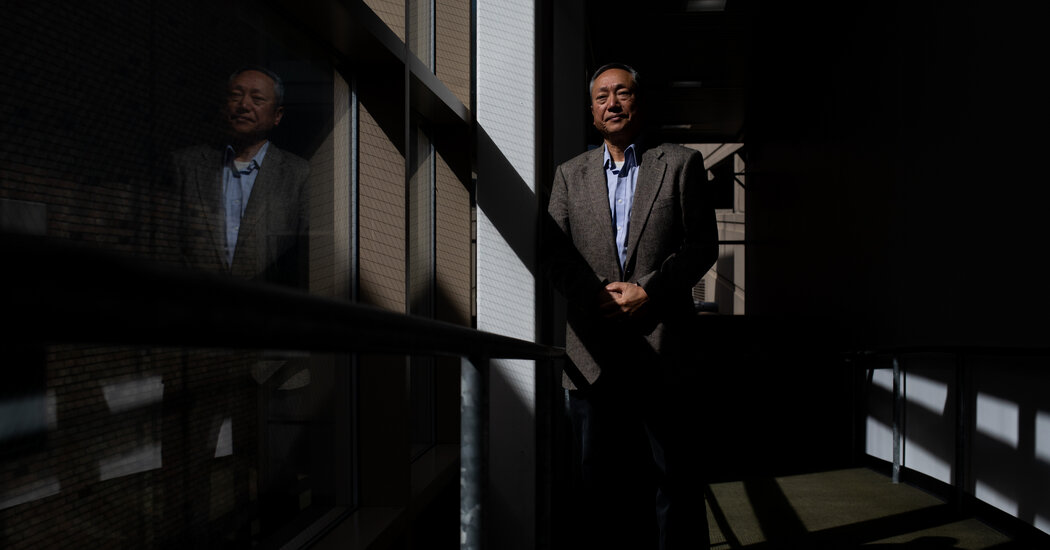Los Angeles County on Wednesday dropped its election charges against the chief executive of a tech company, bringing an abrupt end to an unusual case that has become the focus of Americans who distrust the country’s electoral system.
The prosecutor’s office said in a statement it had dropped the case against executive branch Eugene Yu over concerns about the “speed of the investigation” and the “potential bias in the presentation” of evidence in the case. . The office said the county had assembled a new team to “determine whether any criminal activity has taken place.”
Prosecutors have not responded to questions about the decision.
“Mr. Yu is an innocent man,” Gary Lincenberg, Mr. Yu’s attorney, said in a statement, adding that “conspiracy theorists” used the arrest to “advance their political agenda.”
Last month, Los Angeles prosecutors accused Mr. Yu, the director of Konnech, a small Michigan election software company, of storing polling data on servers in China, a violation of the company’s contract with the province. The charges related only to data from survey staff and had no impact on votes or election results.
Mr Yu, 64, has repeatedly denied sending data to China. The New York Times published an article about the claims and its denials as part of its coverage of misinformation and elections. Los Angeles prosecutors arrested Mr. Yu the day after the article was published.
The abrupt resignation left a number of unanswered questions about the case and Mr Yu’s suspected activities. The prosecutor’s office did not clarify whether the company had actually stored data in China. It was also not clear whether additional criminal or civil charges could be filed against Mr. Yu or Konnech of Los Angeles County or dozens of other counties using Konnech’s election management software.
Konnech has approximately 20 employees in the United States and approximately 20 customers. It plays no role in the counting or counting of votes in US elections. But some election deniers have suggested that Konnech gave the Chinese government a back door to manipulate the US election process.
True the Vote, an organization that claims to be committed to detecting voter fraud, said at a conference this summer that its team had found and downloaded Konnech’s polling data from servers in China. It provided no evidence that it downloaded the data, but said it provided a hard drive to the Federal Bureau of Investigation.
Konnech sued True the Vote, along with Catherine Engelbrecht, its founder, and Gregg Phillips, an election denier and longtime associate of the group, accusing them of defamation and hacking. The pair were briefly jailed last week after refusing to release the name of a person involved in the suspected hack of Konnech’s data.
In a previous lawsuit, Mr. Phillips that he had spoken to the Los Angeles County grand jury that Mr. Yu had eventually sued.

